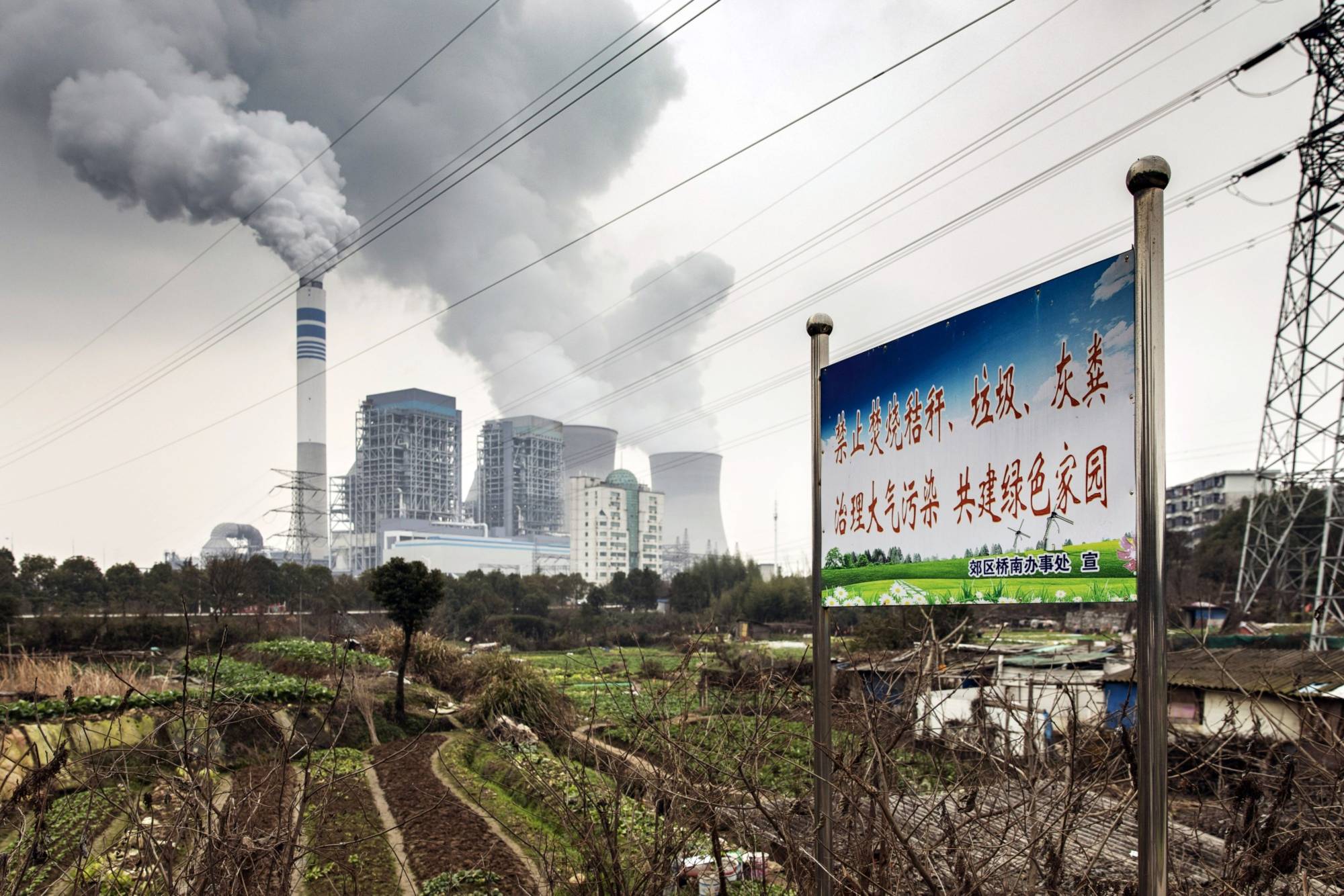In spite of China’s intensifying crackdown on political dissent, residents still have plenty of leeway to air their environmental concerns and criticize polluters on social media, a new study shows.
Public appeals for action made on the social network Weibo reduced pollution violations at industrial plants by more than 60%, according to the study released this month by researchers from the University of Chicago and several other institutions.
Social media can still be an effective tool for some kinds of civic action in China, said Michael Greenstone, the study’s co-author and professor at the University of Chicago, in a news release. "The more popular the social posts are, the more effective they are in generating action from the government.”


















With your current subscription plan you can comment on stories. However, before writing your first comment, please create a display name in the Profile section of your subscriber account page.